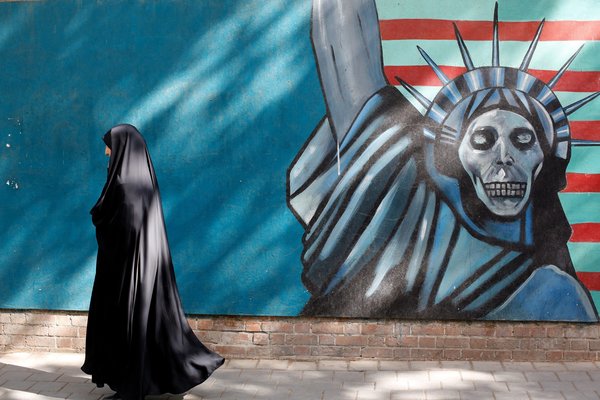On 22 March, the US announced a fresh round of sanctions against Iran targeting 14 individuals and 17 entities linked to Iran’s defence research organisation, SPND. Washington accused Tehran of keeping key nuclear scientists together so they can build nuclear weapons, categorising SPND as ‘the bureaucratic survivor and inheritor of [Iran’s] nuclear weapons program’.
Given that the US had already reinstated all sanctions against Iran that were waived under the 2015 Joint Comprehensive Plan of Action (JCPOA), the latest move by the White House appears designed to focus the narrative about Iran on allegations that it retains ambitions to develop nuclear weapons.
The new sanctions stand in stark contrast to America’s treatment of North Korea. On the same day as the Iran announcement, President Donald Trump also said that he had decided against imposing new large-scale sanctions on Pyongyang. The new round of Iran sanctions is also noteworthy because it targets individuals for their involvement in research relevant to nuclear weapons before 2004.
The substance of Washington’s position is that, even if SPND isn’t currently working to develop nuclear weapons, its connections—in terms of personnel and technical knowledge—to Iran’s pre-2004 work increases the risk that Iran will develop weapons of mass destruction.
This is a long bow for Washington to draw, for several reasons, and appears to demonstrate that many of the lessons from the Iraq WMD fiasco appear lost on the current US administration.
First, Washington’s insistence on doubling down on its claim that Iran can’t be trusted on the question of its nuclear weapons ambitions stands at odds with not only the evidence available to the International Atomic Energy Agency, but also the US’s own assessment.
Read the article by Connor Dilleen on The Strategist.

